Milk a tree, or How to collect maple juice for a delicious syrup
Categories: North America | Production
PictolicThe viscous golden syrup from maple juice has become a symbol of Canada and some northern states. The tradition of the main Canadian delicacy dates back more than one hundred years: the Indians were the first to "milk" trees, and the Europeans who came to the New World adopted this art. Today, maple syrup is used as an additive to pancakes or waffles, added to pastries and desserts. It is produced even in the Leningrad region, although birch sap is more familiar to our people.
Right now there is a so-called crying of plants, when after the winter the juice begins to disperse through the tree. And this means that the maple juice harvest is in full swing. One of the juice collectors, an Imgur user under the nickname HDC3, decided to share a detailed description of how the process of assembling and cooking syrup is going and what improvements he has made to the technology.
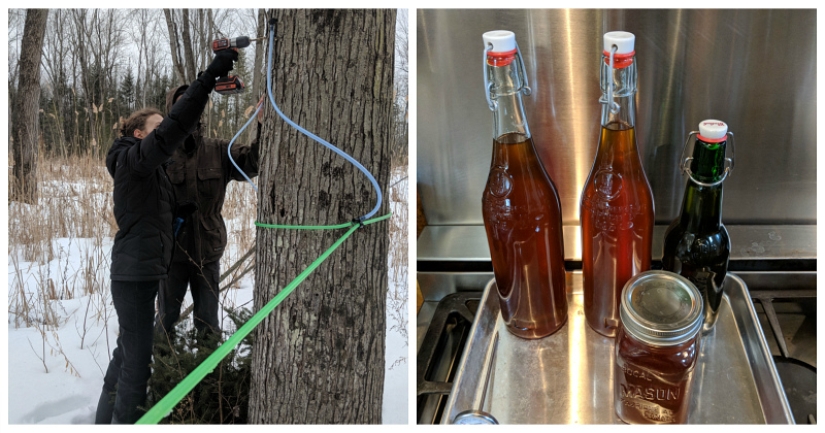
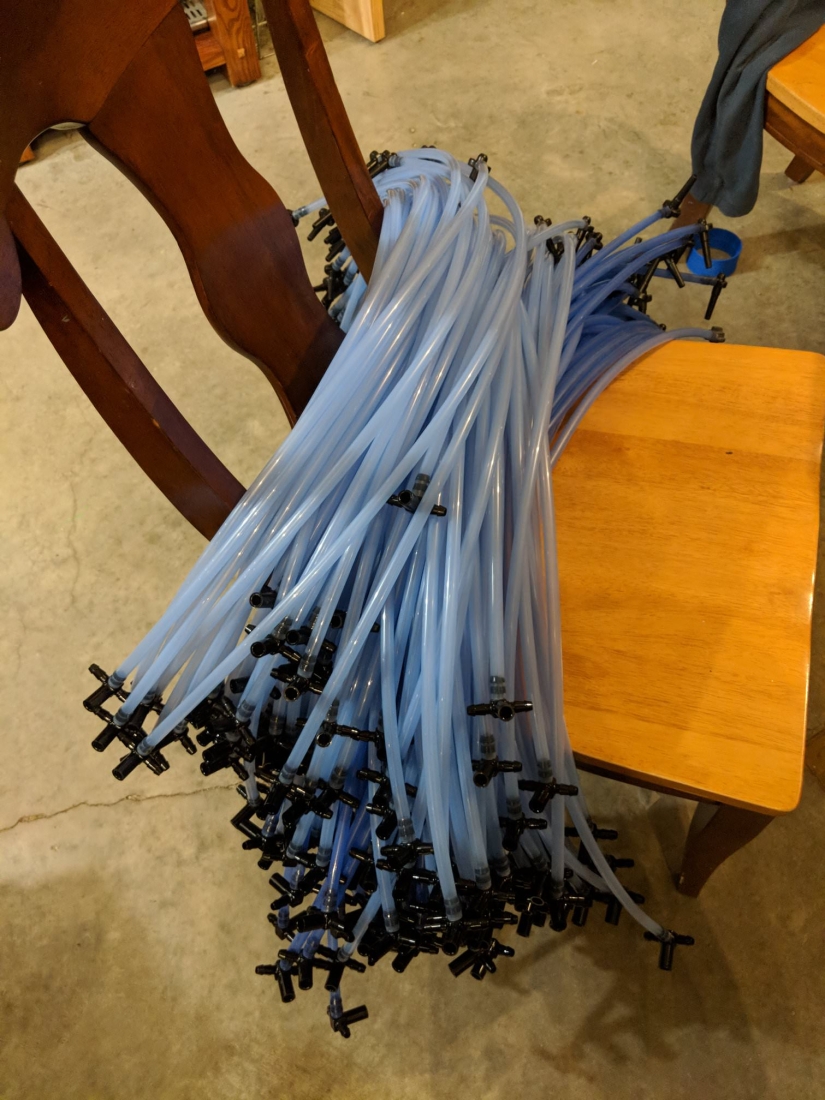
First of all, 200 juice extraction devices are being prepared, each of which consists of a meter-long hose and a tap. After the end of the juice pumping season, each hose is washed with a 3% hydrogen peroxide solution and closed with caps so that it remains clean inside.
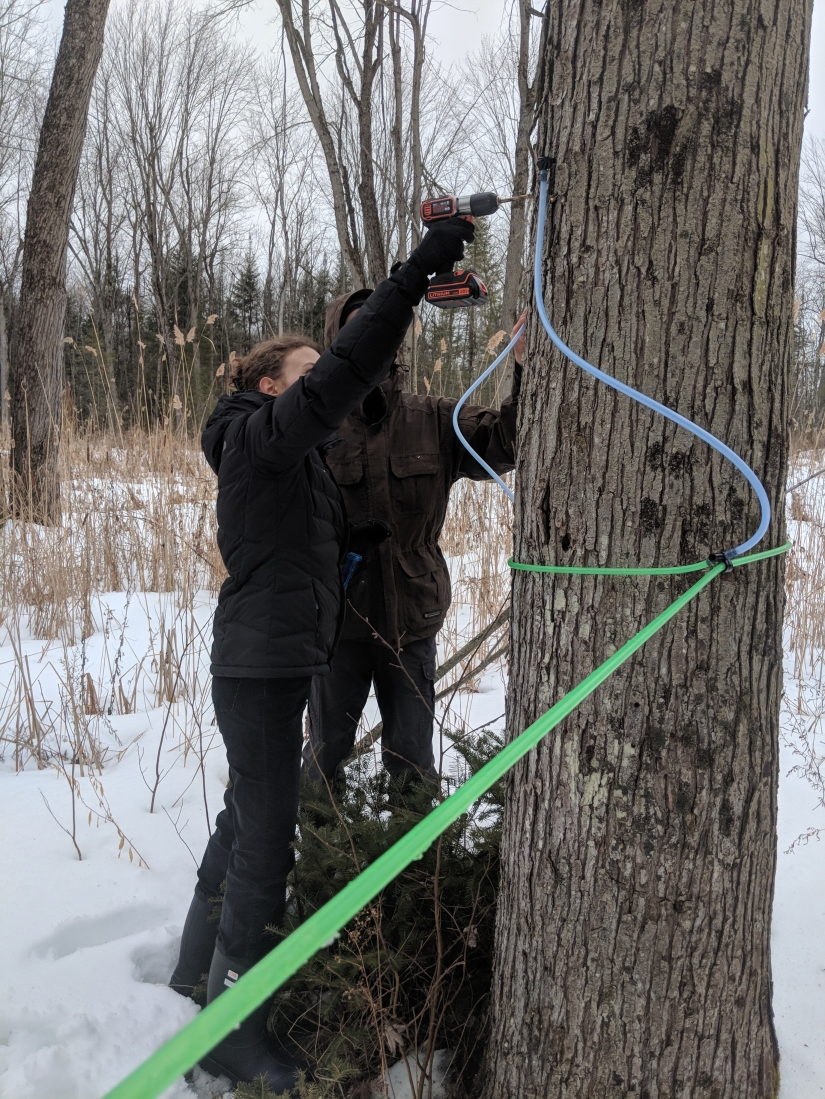
To install "milking machines", a hole with a diameter of 8 mm and a depth of about 5 cm is drilled in the tree.
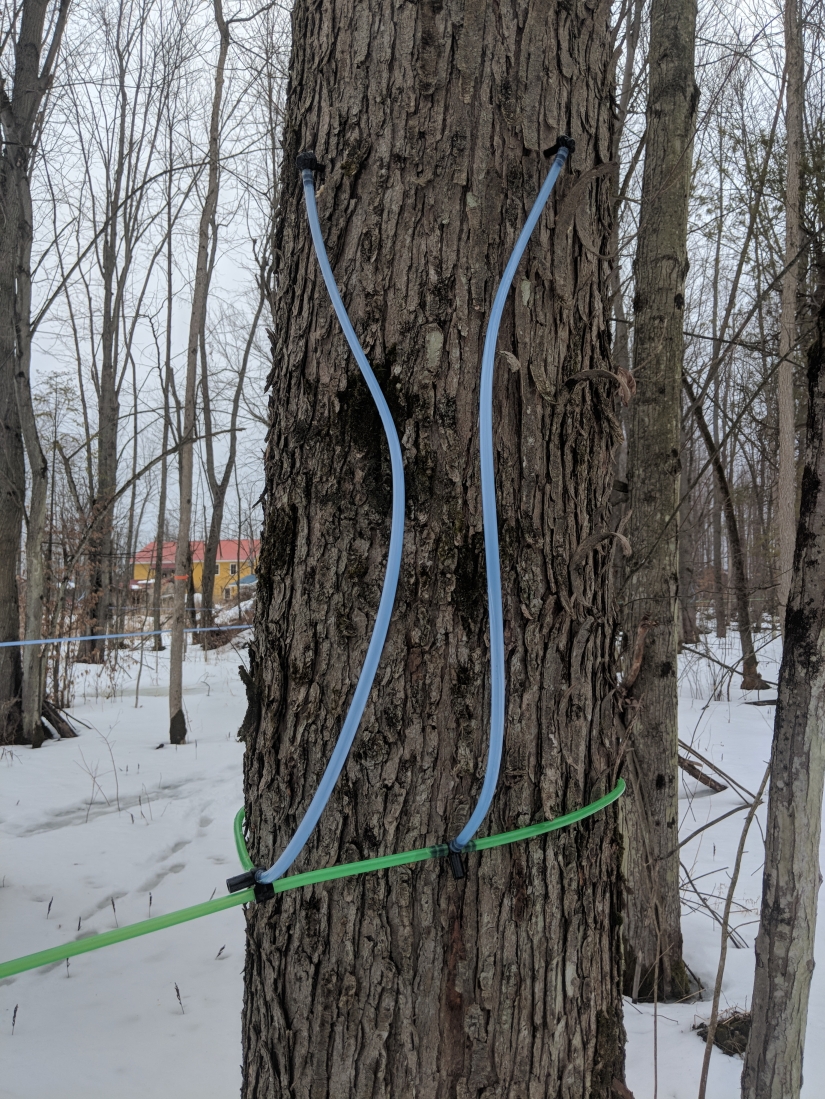
With the help of tees, the hoses are connected to the side tracks…
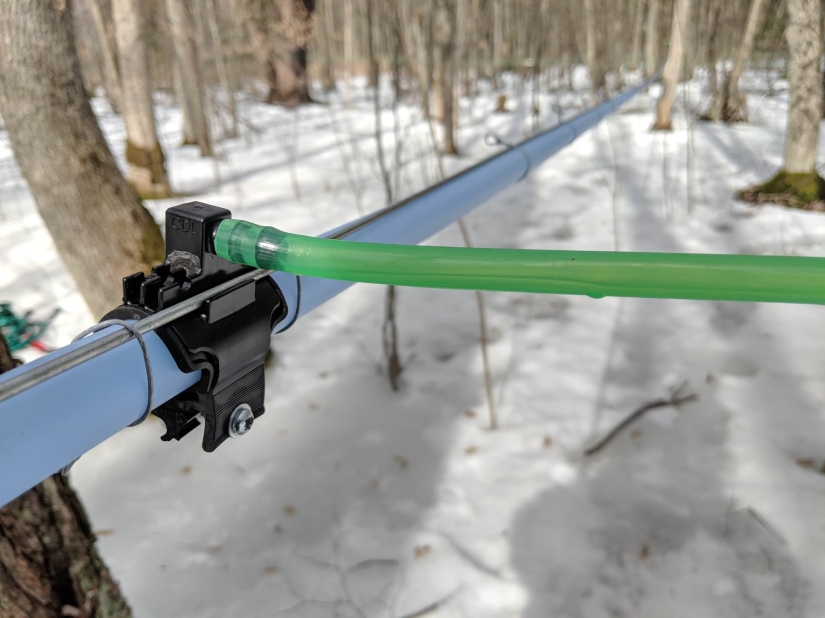
...which, in turn, are connected to the main pipeline in the same way. On a good day, you can collect more than 300 liters of juice.
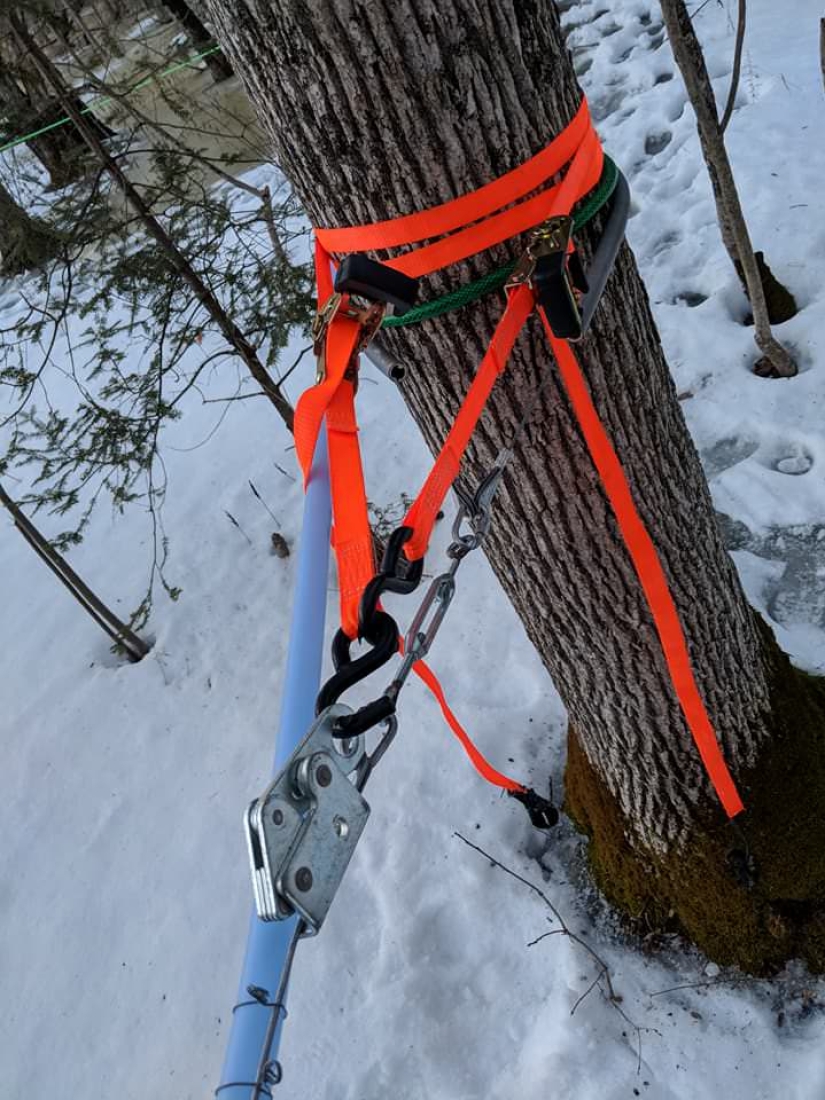
Every year the whole system is attached to tree trunks in different places so as not to damage the health of maples.
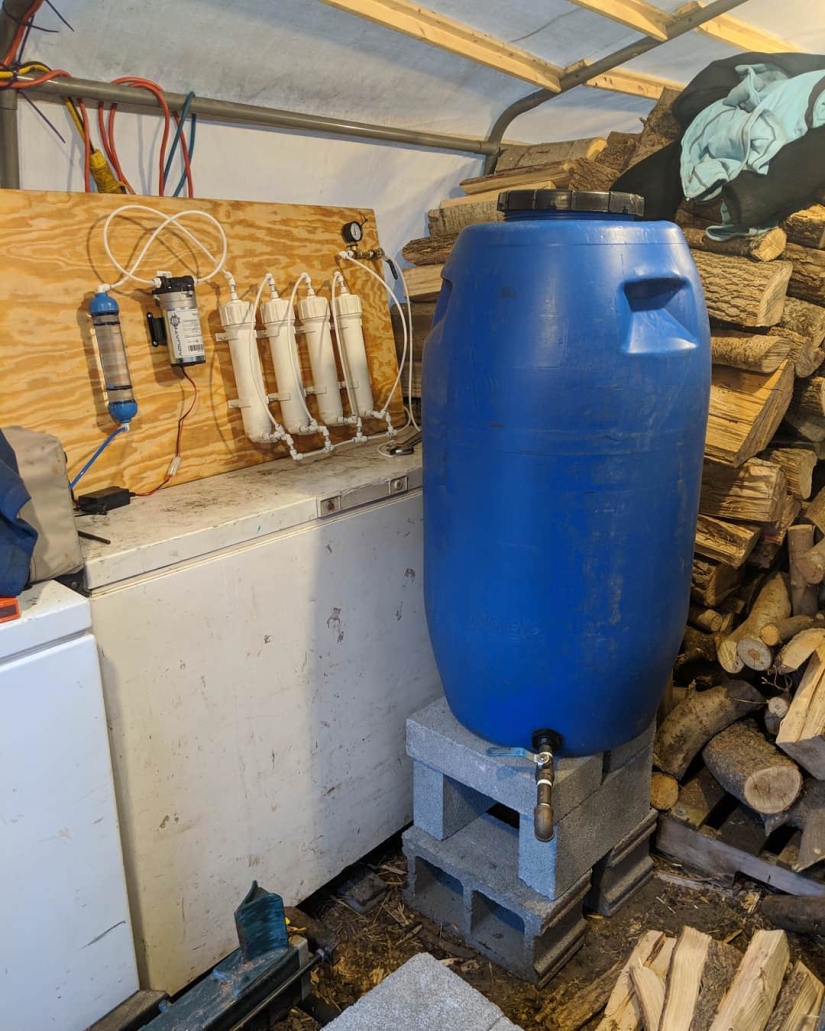
Usually the juice from maple trees contains 2% sugar. But this year, an enterprising North American added a 4-stage reverse osmosis system to his installation, which he assembled from parts bought on eBay and at a local construction supermarket. Thanks to this innovation, the sugar content has risen to 8%, and productivity has increased 4 times.
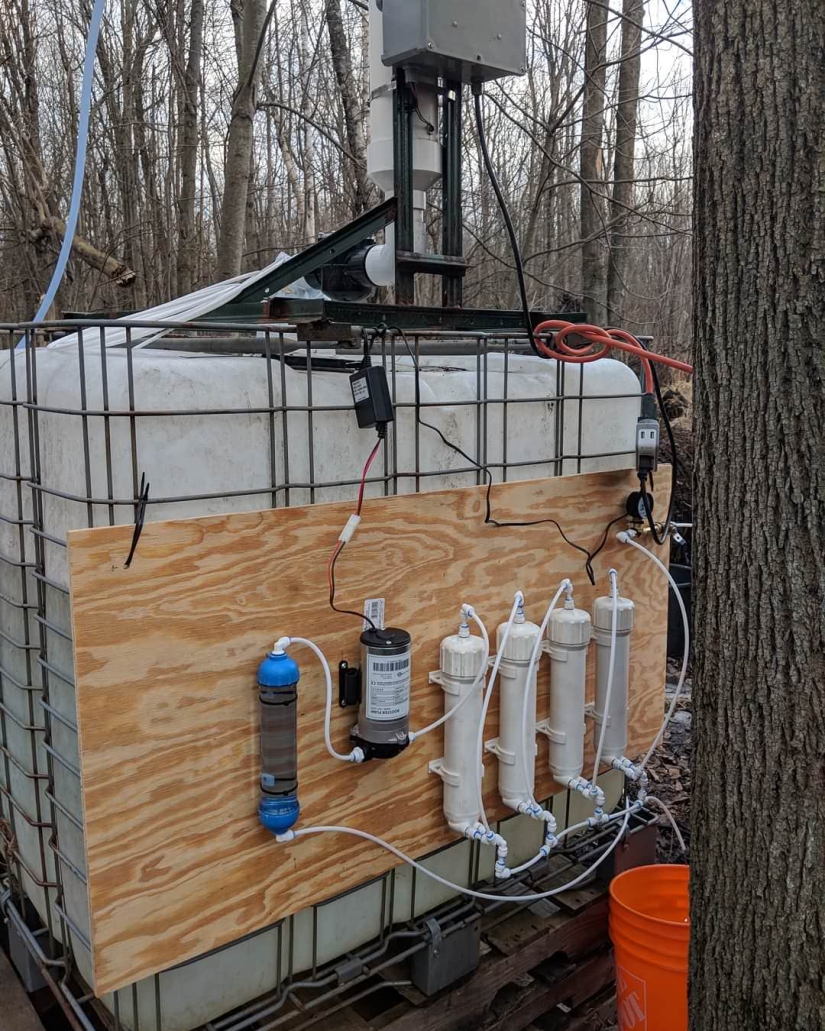
With the help of a reverse osmosis filter, the tree sap is also cleaned of insects.
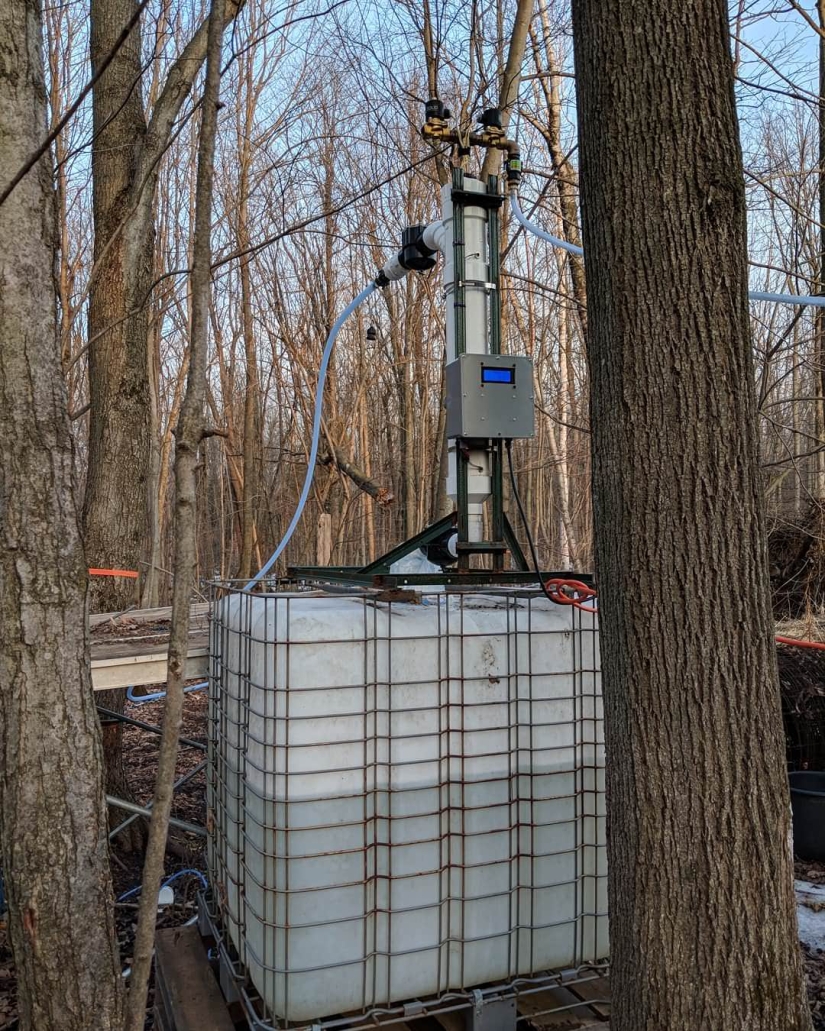
This tank with a capacity of 1000 liters is the main reservoir where the pumped maple juice is drained. It is transported here via a blue pipeline using a vacuum pump.
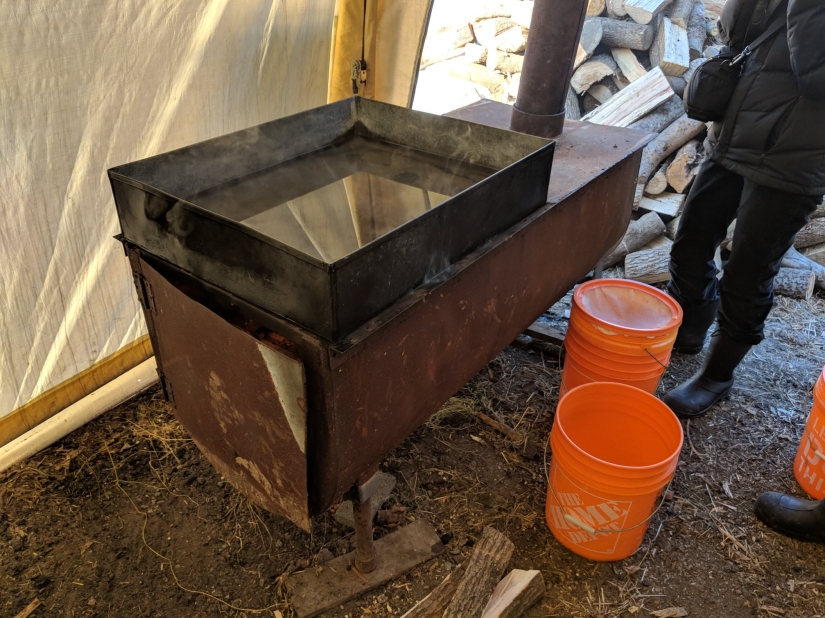
Then the juice is condensed by evaporation, turning it into maple syrup. Half of the old oil tank is used as an evaporator…
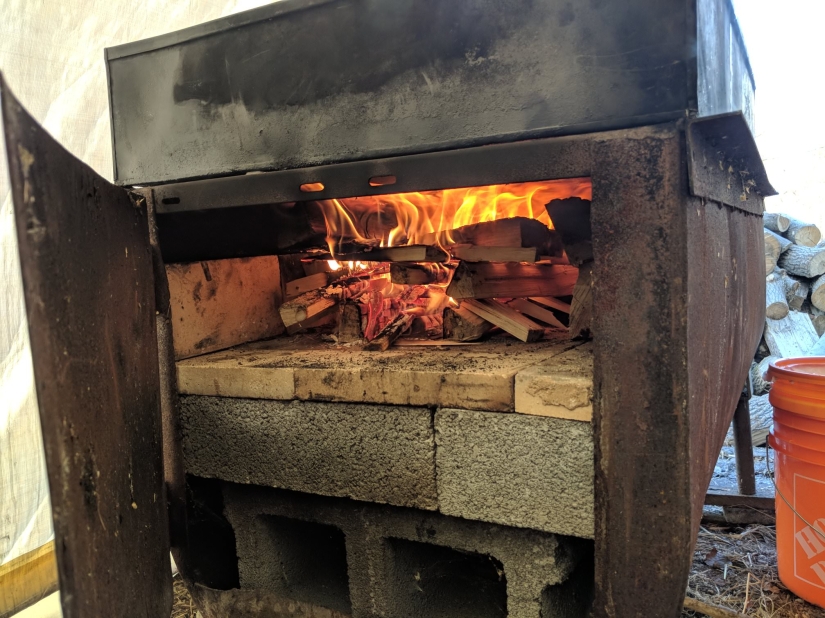
...and the source of heat is firewood. It doesn't look very good, but all this helps to produce delicious maple syrup.
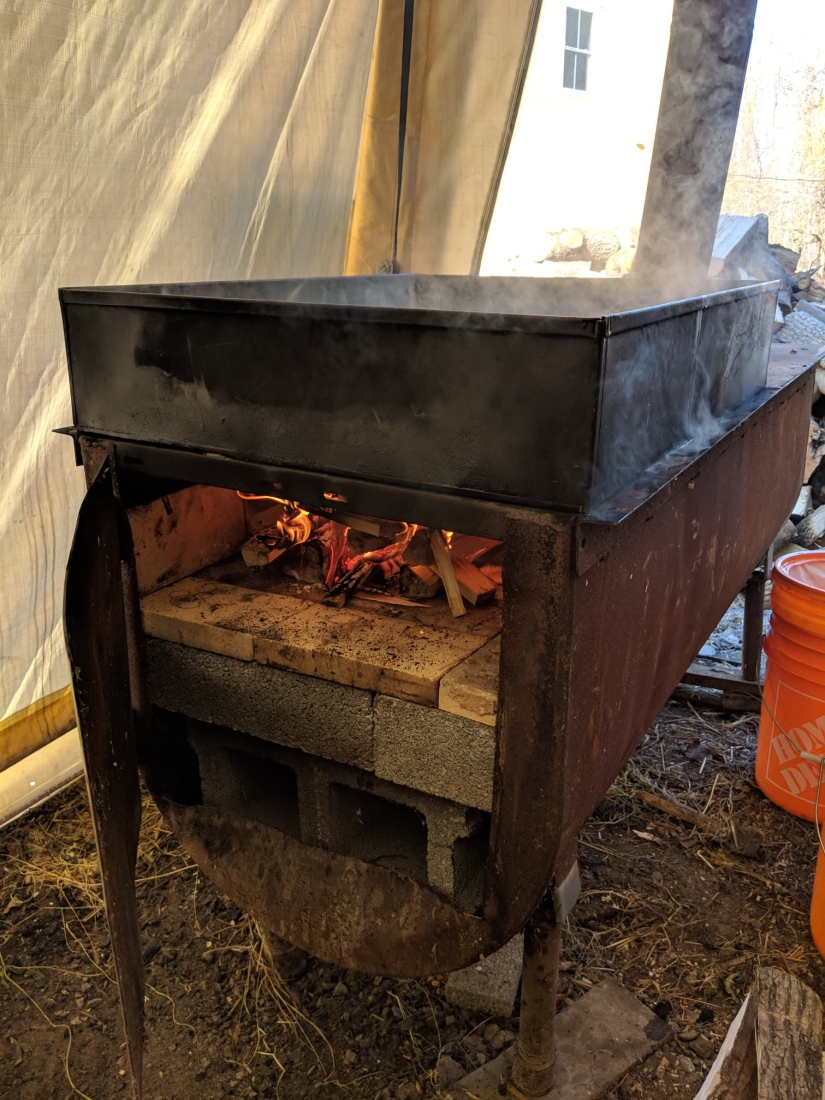
Sugar is not added in the process. Since the tree sap is 96% water, it takes many hours to evaporate it and obtain the syrup of the required concentration.
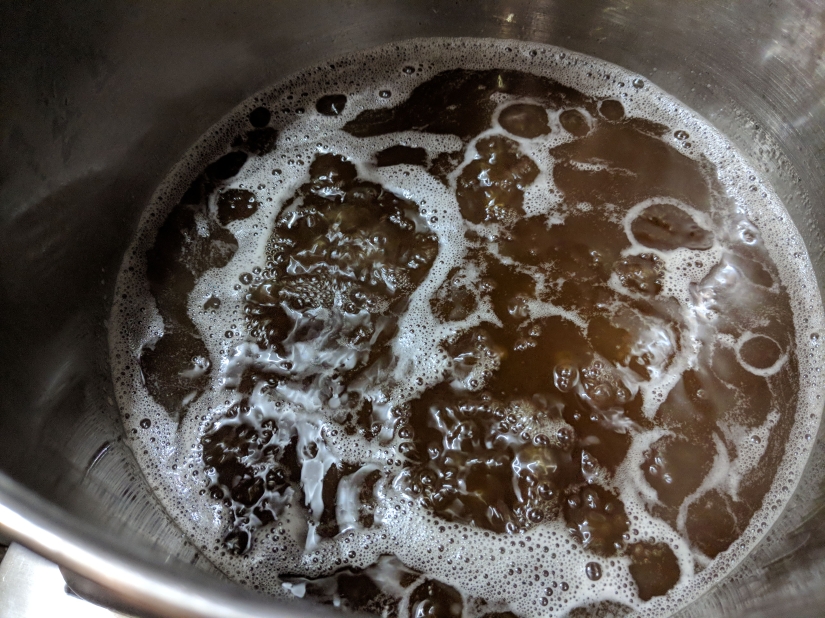
When the sugar content in the syrup is brought to 60%, the juice is filtered and taken indoors. There, the syrup is boiled again on the stove until the sugar content reaches 66%, after which the syrup is filtered again and packaged in bottles.
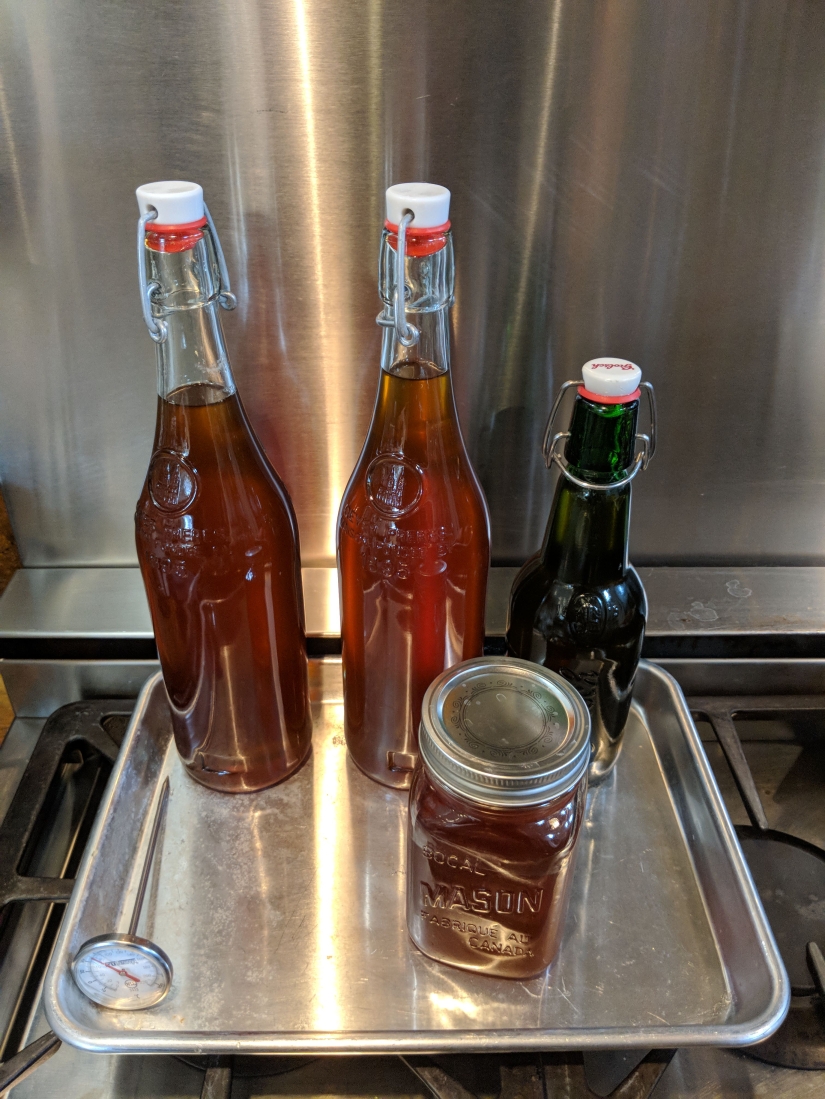
This is the first product received in 2018. On average, 40 liters of juice makes 1 liter of syrup or soft maple sugar.
Keywords: Trees | Canada | Juice
Recent articles

It's high time to admit that this whole hipster idea has gone too far. The concept has become so popular that even restaurants have ...

There is a perception that people only use 10% of their brain potential. But the heroes of our review, apparently, found a way to ...
Related articles

Is it possible to laying wood to name a form of art? Turns out you can. Because in the world there are such people, which gently ...

Photographer Beth moon from San Francisco for the last 14 years traveling the world in search of the oldest and at the same time ...

Canadian resident Sam Gabi has been fond of photography since childhood and tries to get out into nature every summer to take ...

New Year's is a time to surprise and delight loved ones not only with gifts but also with a unique presentation of the holiday ...